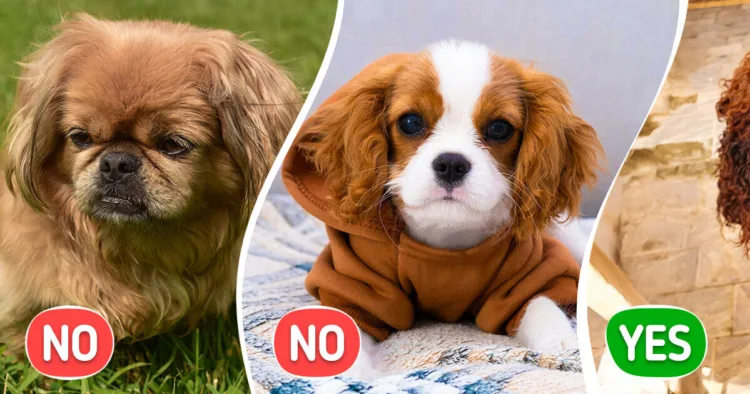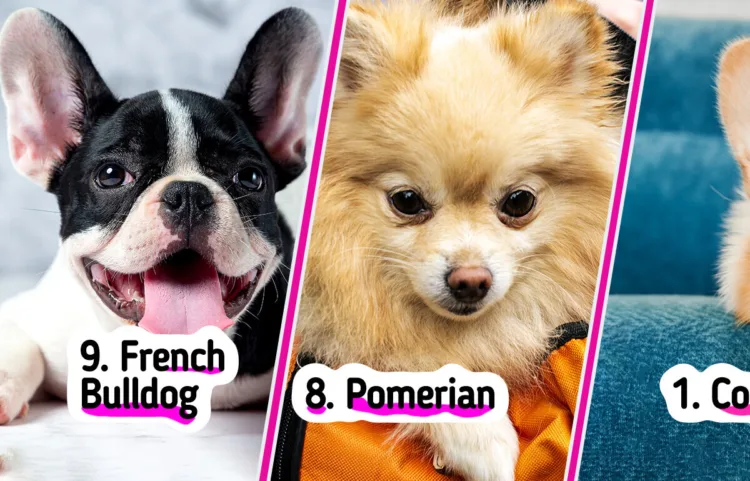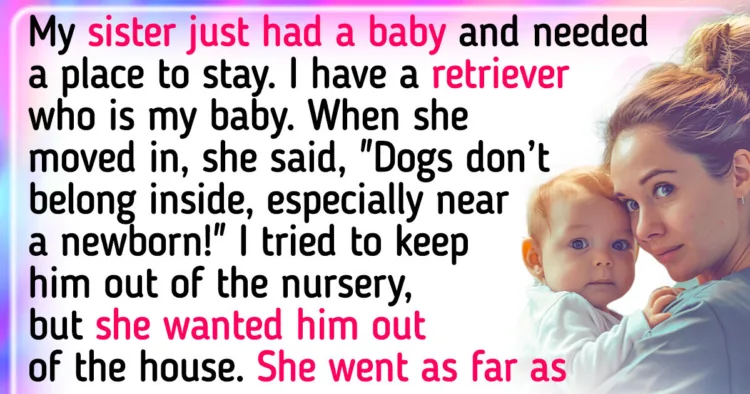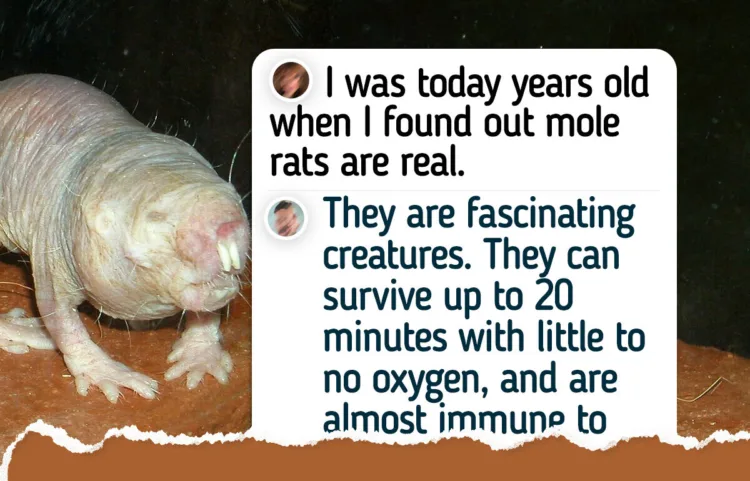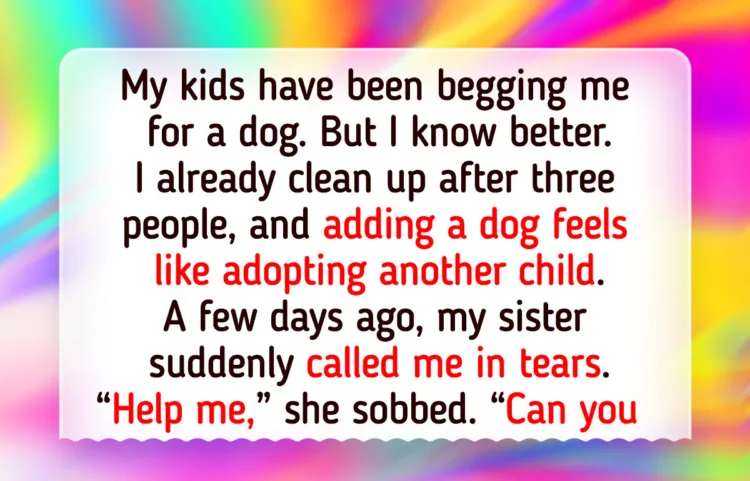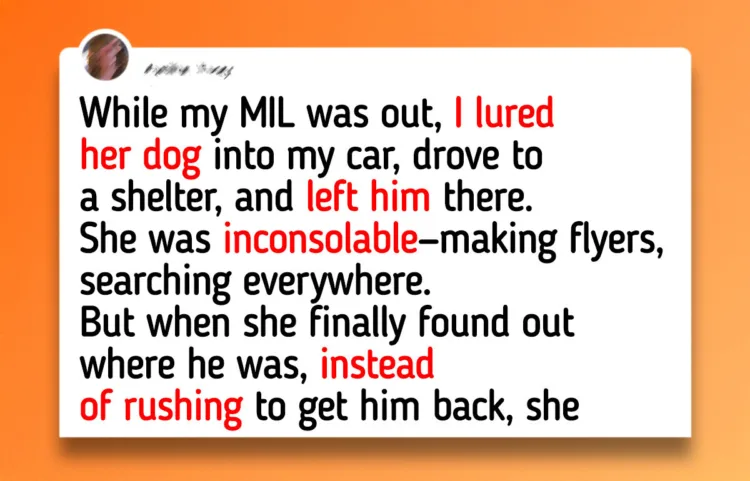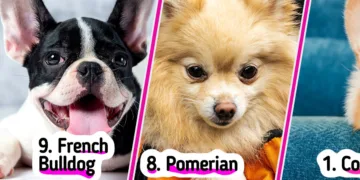Nearly 30% of the global populace suffers from pet-induced allergies. Interestingly, dog hair is often wrongly identified as the sole culprit. Indeed, a larger emphasis should be put on dander and saliva that these furry companions secrete. In fact, breeds that have excessive drooling tendencies can notably worsen allergy symptoms.
1Boston Terrier and Bedlington Terrier: A Comparative Look
Boston Terriers, even though adored by many, may be somewhat unsuited for individuals prone to allergies given their propensity to secrete excessive mucus. Conversely, the Bedlington Terrier, characterized by their unique lamb-like form and compact, curly fur, sheds less and thus, stands as a hypoallergenic champion among Terriers.
2King Charles Spaniel vs Irish Water Spaniel: Allergy Suitability
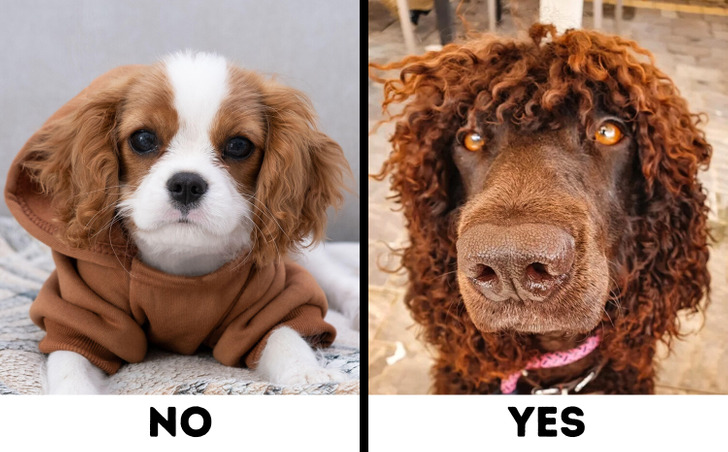
The Cavalier King Charles Spaniel, despite being irresistibly endearing, has a fur which sheds profusely, leaving allergenic hair strands on furniture and apparel, not to mention their long fur that is a magnet for dirt particles and bacteria. Whereas, the Irish Water Spaniel, another breed with equally lovable and kid-friendly qualities, is a win for allergy sufferers. They owe it to their double-layered fur that securely encloses dander and hair.
3Bulldog vs Basenji: Hypoallergenic Disparity
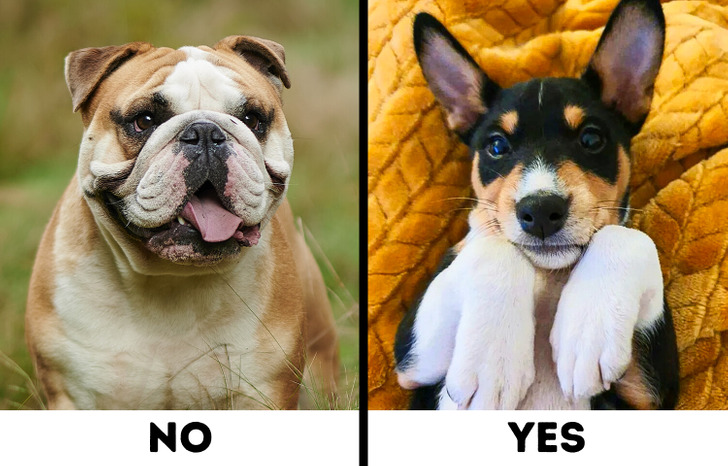
Despite Bulldogs not being heavy shedders, their continuous shedding can aggravate allergic tendencies. For allergy sufferers hoping for a short-haired dog, Basenjis are ideal candidates. Owing to their muted scent and limited dander, these dogs make a more allergy-palatable choice.
4Pekingese vs Bichon Frise: Managing Fur Shedding
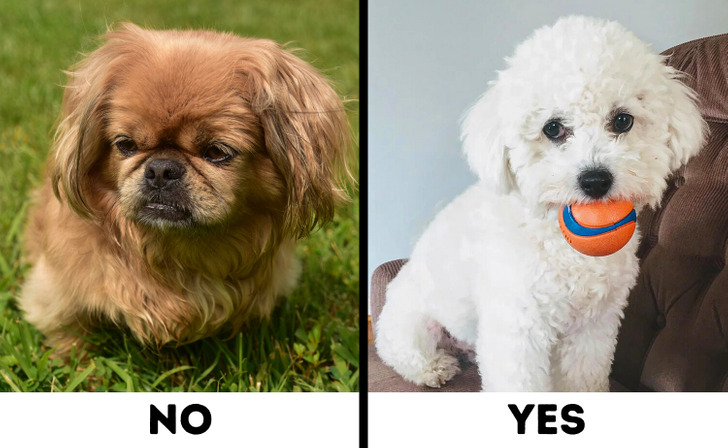
Pekingese breeds call for regular brushing due to their increased fur shedding, making this breed a trigger for allergenic reactions. However, if a small, fluffy breed is the desired choice, the Bichon Frise comes out on top. Low shedding and hypoallergenic traits make them suitable for apartment owners wishing to curb allergen build-up.
5Basset Hound vs Afghan Hound: Battles of Hounds
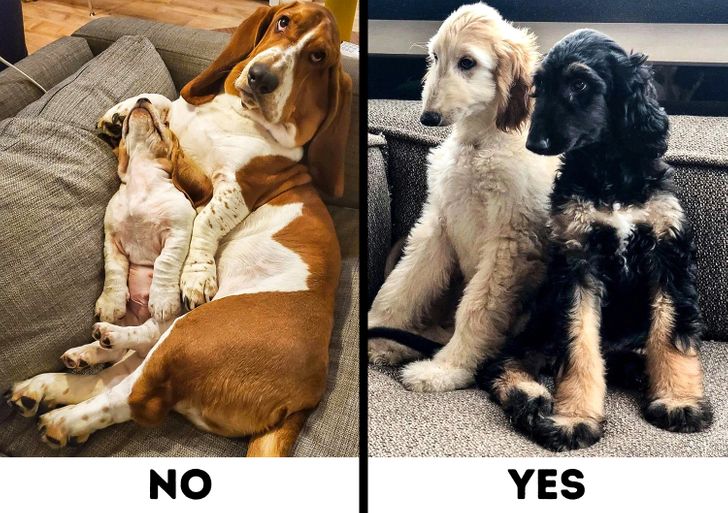
While Basset Hounds shed moderately, the accumulation of dander on their bodies can spur allergy symptoms. Alternatively, Afghan Hounds exhibit minimal shedding and maintain a pH akin to human hair, making them more congenial for allergy sufferers.
6Pomeranian vs Maltese: A Quick Comparison
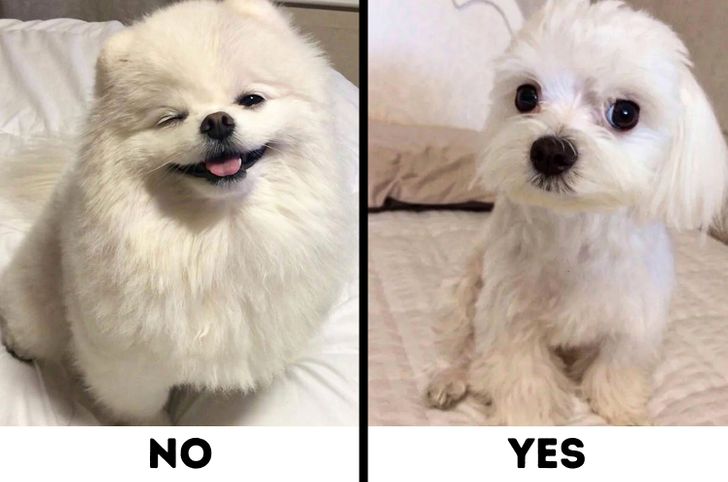
Health issues come into play considering the Pomeranian breed. A specific protein they produce in their dander, saliva, and urine often triggers allergies. If a small dog breed is desired, the Maltese stands as a fine option. Their lack of an undercoat results in less shedding, making them suitable, especially for smaller living spaces.
7Schipperke vs Affenpinscher: Which Is More Hypoallergenic?
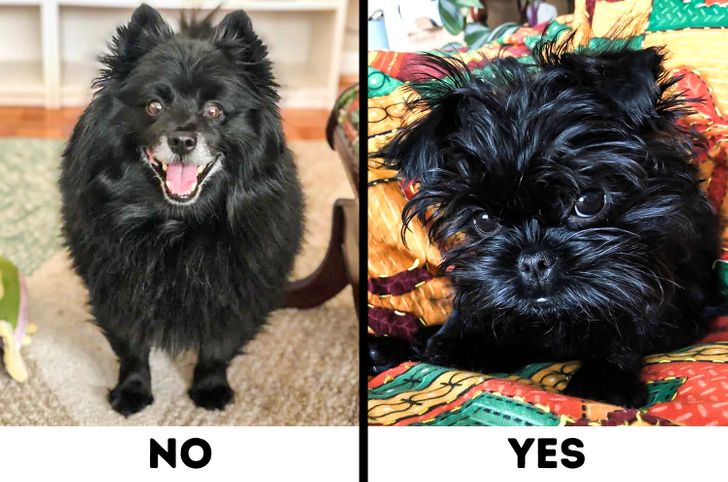
The Schipperke breed can potentially culminate into constant sneezing fits for people suffering from allergies due to their saliva. On the flip side, for those yearning for a small, active black dog, the Affenpinscher makes a worthy alternative. Their slow-growing, low shedding coat coupled with minimal drooling tendencies puts them ahead in the allergy-friendly league.
8Pumi vs Poodle: Which Breed is More Allergy-Friendly?
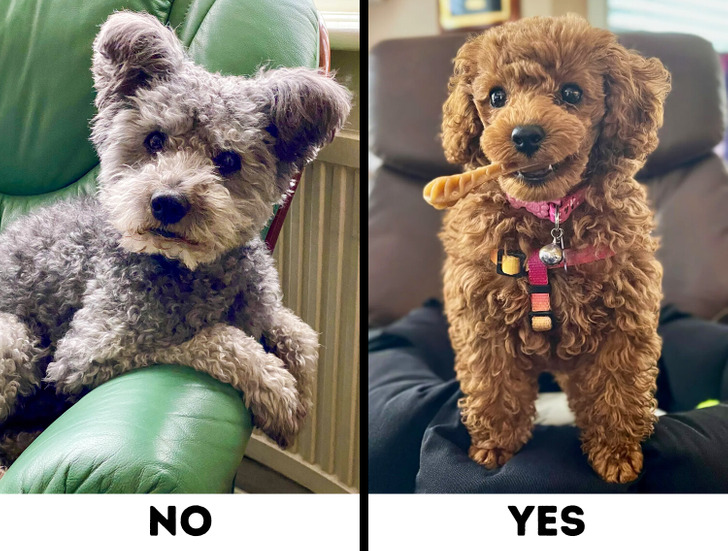
Small breeds like Pumi with wavy hair are undeniably lovable but unfortunately, they aren’t fit for allergy sufferers due to their less hypoallergenic nature. Their hair, a mix of coarse and soft strands, requires combing every three to six weeks which can further agitate allergies. In contrast, the Poodle makes for a winning choice with their lower dander secretion and negligible odor, making them a truly hypoallergenic companion.
9Siberian Husky vs Samoyed: Canine Giant Showdown
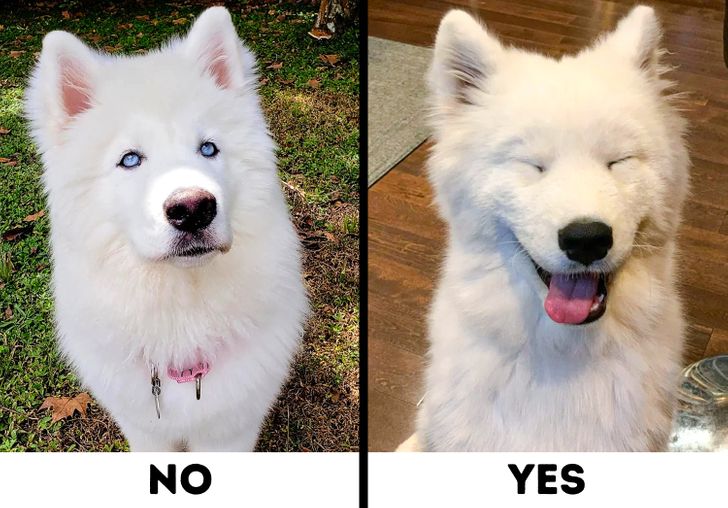
The charismatic Huskies, notwithstanding their alluring eyes and affable demeanor, are not well-suited for individuals prone to allergies due to their heavy shedding that spreads hair, dead skin, and allergenic dander around the house. For Husky aficionados seeking a similar breed with fewer allergy triggers, the Samoyed might prove a more apt choice. Even though they also tend to shed abundantly, less drooling tendencies edge them closer to being an ideal hypoallergenic breed.
10Skye Terrier vs Shih Tzu: More Allergen or Less?
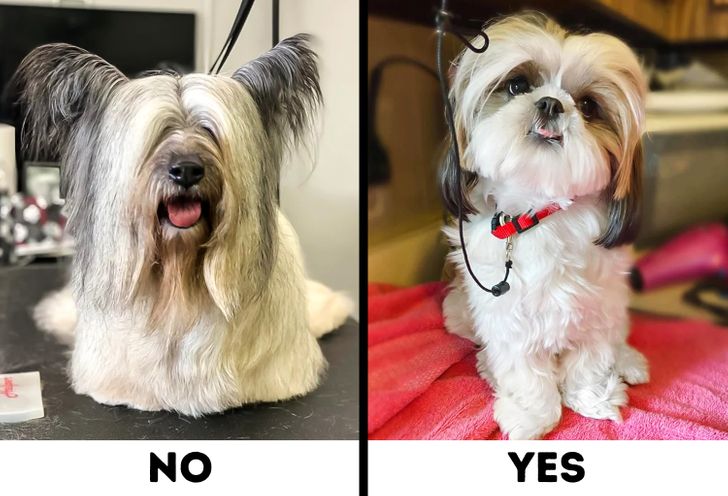
Despite their shared physical semblance, Skye Terriers and Shih Tzus aren’t as neck and neck when it comes to hypoallergenic qualities. Skye Terriers result in more allergic reactions compared to their Shih Tzu counterparts. Worth mentioning is the fact that long-haired breeds like Shih Tzus often trap shed hair within their coats instead of letting them spread throughout the house, thus fostering a less allergenic environment.
